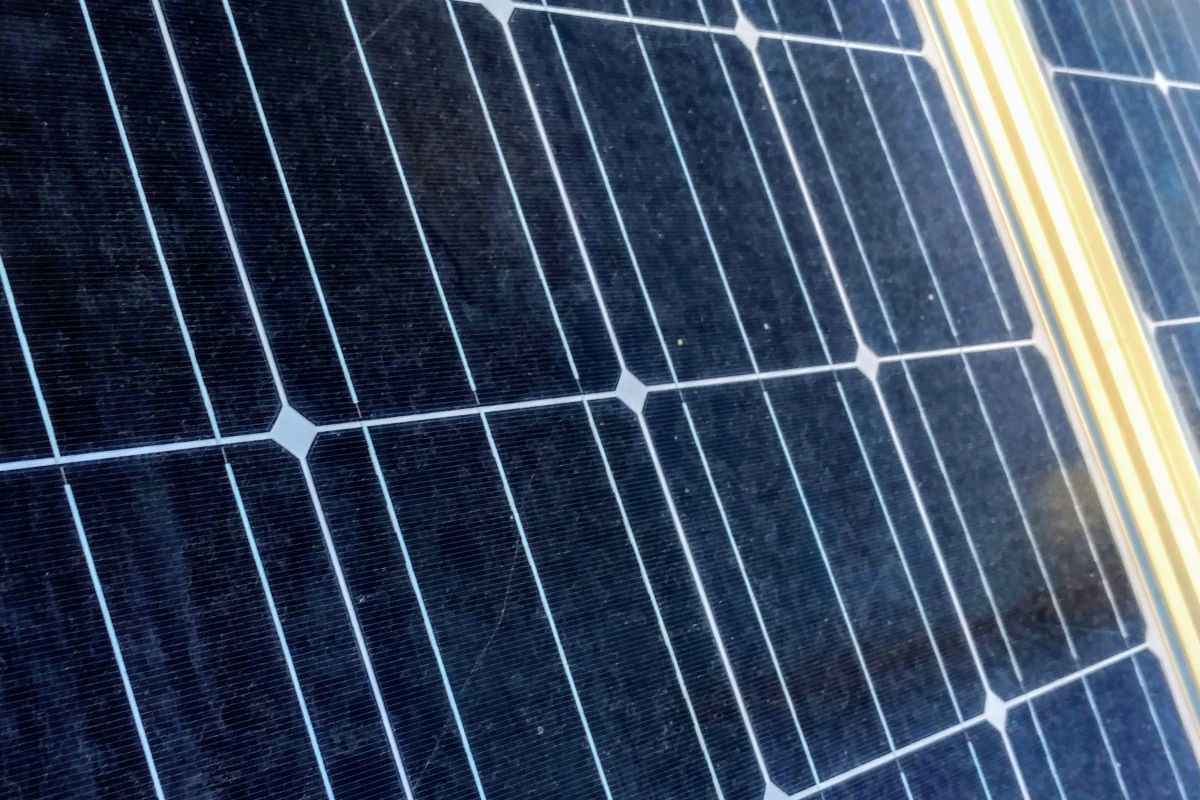How Much Power Can a 600 Watt Solar Panel System Provide?
A three panel solar sytem with 600 total watts of solar can provide a significant amount of power to run appliances like a small space heater. Depending on the size of the heater and the amount of sunlight available, this system can provide a few hours of power for a small electrical heater. The average power generated from a 600-watt solar panel system is approximately 3 to 4 kilowatt-hours daily. If you have a small space heater that uses 1 kilowatt-hour per hour, this system should be able to provide power to the heater for 1 to 3 hours per day. You will need a large battery bank to run this load when the sun is not out.
While it can be done, minimizing use and maximizing production and storage will be helpful.
Maximizing Efficiency in a Small Space for Minimal Space Heater Use
- Insulation: Ensure walls, windows, and doors are well-insulated to retain warmth.
- Seal Gaps: Use weather-stripping or caulk to seal any drafts.
- Layered Curtains: Heavy, thermal curtains add insulation and reduce heat loss.
- Rug Layers: Carpets or rugs can prevent cold air from seeping up through floors.
- Furniture Arrangement: Position furniture away from exterior walls for better heat circulation.
- Regular Maintenance: Clean and service the heater to ensure optimal efficiency.
- Use Heat When Active: Heat space primarily during active hours; use warmer bedding at night.
- Wear Layers: Dress warmly, reducing dependence on artificial heating.
- Space Heater Size: Ensure your heater’s capacity matches the room size.
- Close Unused Spaces: Shut doors to unoccupied rooms.
By optimizing your space, you’ll require minimal heating, saving energy and costs.
RV Heater Safety: A Focus on Electric with General Tips Included
Even though this article primarily centers around electric heaters, it’s essential to acknowledge the broader scope of heater safety. We believe in promoting an all-encompassing safety approach on heaters, so some general heater safety messages are offered. Always prioritize safety, regardless of the equipment you choose.
Electric Heaters:
-
Placement: Position your heater on a stable surface, away from foot traffic, ensuring it is properly distanced from combustibles like curtains and bedding.
-
Extension Cords: Do not run heaters on extension cords.
-
Thermostat: Opt for heaters with a thermostat for automatic shut-off, preventing overheating.
-
Safety Features: Select models that include tip-over and overheat protection.
-
Turn Off: Never leave the heater on while sleeping or when the RV is unattended.
Gas Heaters:
Very carefully read the instructions. Gas heaters may not be safe for enclosed spaces or RVs. Call the manufacturer or local fire department with questions on operation. Carbon monoxide and fire can both kill quickly. Use a working carbon monoxide detector at all times. Be Safe!
Electric Blankets: A Cozy, Energy-Efficient Alternative to Heaters
Electric blankets are a savvy choice for keeping warm on brisk RV nights. Instead of warming the entire interior, these blankets deliver targeted heat, right where you want it. Comprising a web of insulated wires, they distribute consistent warmth, with adjustable settings for individual comfort. For context, while a typical space heater might consume around 1500 watts, an electric blanket can use as little as 100 watts, showcasing significant energy savings.
Safety Tips:
- Inspect Before Use: Check for any frayed cords or exposed wires to avoid electric shocks.
- Avoid Folding: While in use, keep the blanket flat to prevent overheating and damaging the internal wires.
- Automatic Shut-off: Choose models that offer this feature, ensuring the blanket doesn’t remain heated indefinitely.
- Avoid Layering: Piling heavy items or blankets on top can cause overheating.
Harnessing the warmth of an electric blanket not only conserves energy but also offers a snug and safe environment for those cooler nights.
